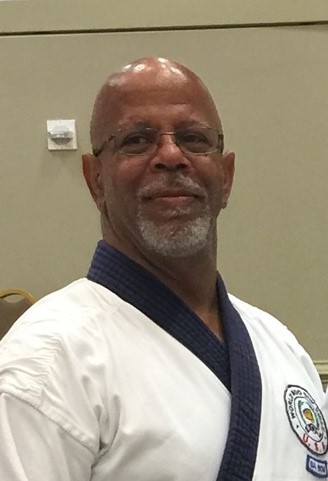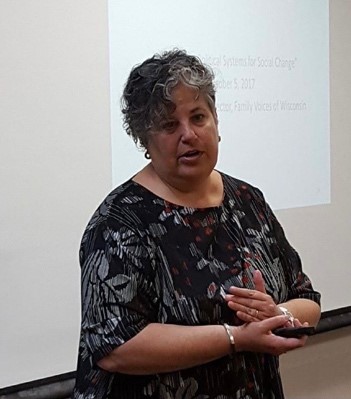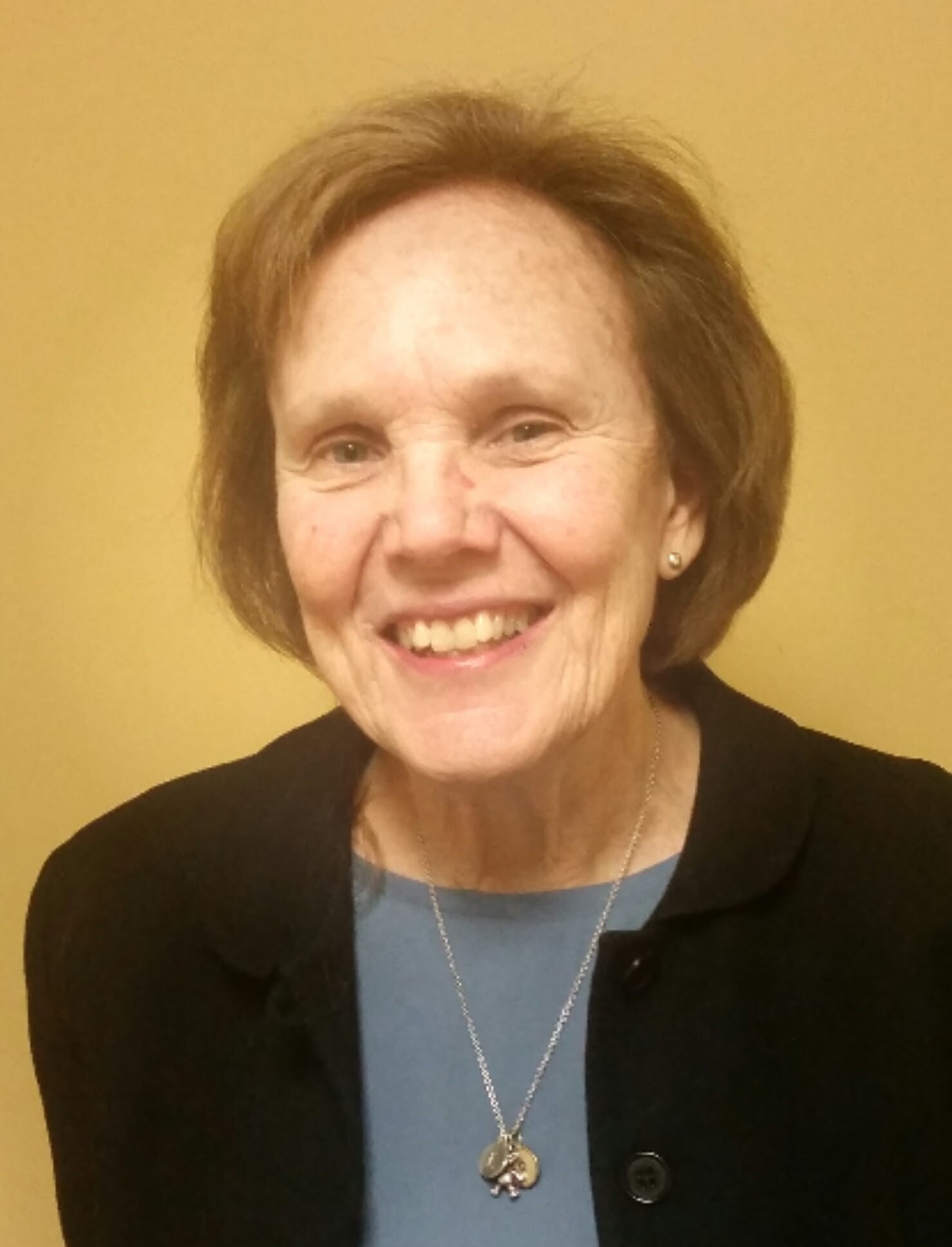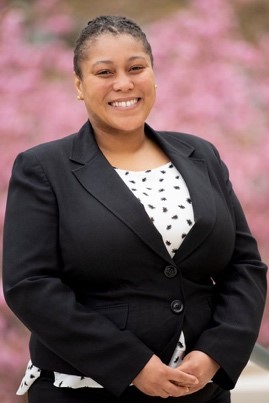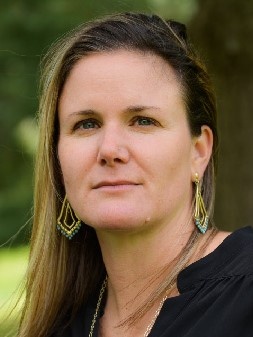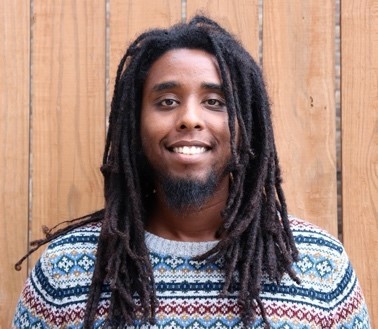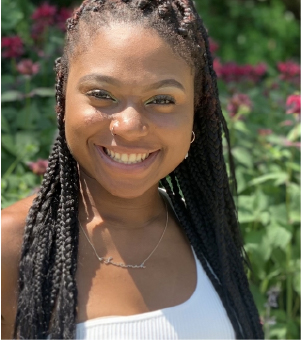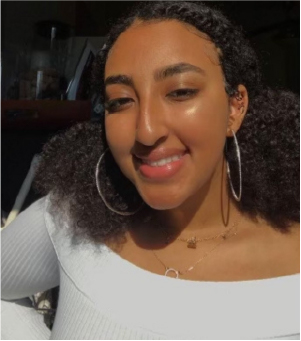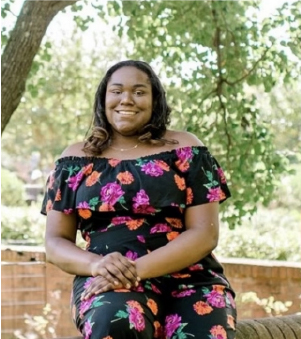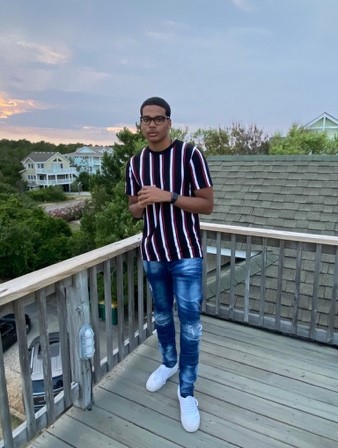Opioid Legislation
On September 28, by a vote of 393-8, the House passed a bill to address the nation’s opioid epidemic – the Substance Use-Disorder Prevention that Promotes Opioid Recovery and Treatment for Patients and Communities Act, or the SUPPORT for Patients and Communities Act (H.R. 6). The bill represents a bipartisan, bicameral (House-Senate) compromise between separate bills passed by each chamber. The next step is for the Senate to pass the compromise version of the bill, which is expected. After that, it will be sent to the president for his signature.
The final bill requires states to ensure that former foster youth are able to keep their Medicaid coverage across state lines until the age of 26, beginning no later than 2023, and requires HHS to issue guidance within one year of enactment regarding best practices to enroll former foster youth in coverage. The bill also requires state Medicaid programs to suspend, as opposed to terminate, a juvenile’s medical assistance eligibility when a juvenile is incarcerated. In addition, it includes provisions intended to address child trauma in early-childhood and school settings.
One of the contentious issues to be worked out was the extent to which Medicaid should cover treatment for treatment of substance-abuse disorders in “institutions for mental disease” (IMDs). Under current law, no federal Medicaid funds can be spent for care of non-elderly adults in IMDs with more than 16 beds. The House bill would have allowed IMD payments for treatment of cocaine and opioid addiction, while the Senate bill would not have changed current law. The final bill will allow treatment of all substance abuse disorders in IMDs for no longer than 30 days per year through 2023. The bill also clarifies states’ ability under Medicaid to provide care for infants with neonatal abstinence syndrome in residential pediatric recovery centers.
Another contentious issue concerned whether patient privacy protections should be loosened so that health care providers can share information among themselves and with patients’ families. The final bill does not amend current law with respect to privacy.
Summaries and the text of the final bill can be found on the website of the House Energy & Commerce Committee. See also this press release from the Senate Committee on Health, Education, Labor & Pensions and House overwhelmingly passes bill to fight opioid crisis (The Hill, 9/28/18).
Appropriations
On September 28, the president signed legislation (H.R. 6157; Public Law 115-245) to provide FY 2019 appropriations for the Department of Defense and the Departments of Labor, Health and Human Services, and Education. In general, programs of interest to CYSHCN and their families either got additional funding or were level-funded. The law provides an increase of $206 million (to $3.8 billion) to combat the opioid crisis and includes increases for several other programs of interest:
- An increase of $26 million for the “Special Programs of Regional and National Significance” (SPRANS) portion of the MCH Block Grant to be used for specific maternal-health initiatives.
- $10 million for a new CDC initiative to support monitoring of the Zika virus and other emerging public health threats to mothers and babies.
- $300,000 to establish and carry out the activities of the Family Caregiving Advisory Council created by the RAISE Family Caregivers Act, and $5 million for a “Care Corps” of volunteer caregivers.
The law does not include, as the House bill did, a provision to block implementation of the Affordable Care Act. Nor does it include any funding for a wall on the border between the US and Mexico. It does include a “continuing resolution” to fund, until December 7, the federal departments and agencies for which regular appropriations bills have not yet been enacted, thus avoiding a government “shut-down.” This is the first time in more than two decades that so many (five) of the twelve appropriations bills have been enacted before the beginning of the fiscal year on October 1.
The law text, summary, and conference committee’s “joint explanatory report” can be found on the website of the House Committee on Appropriations.


